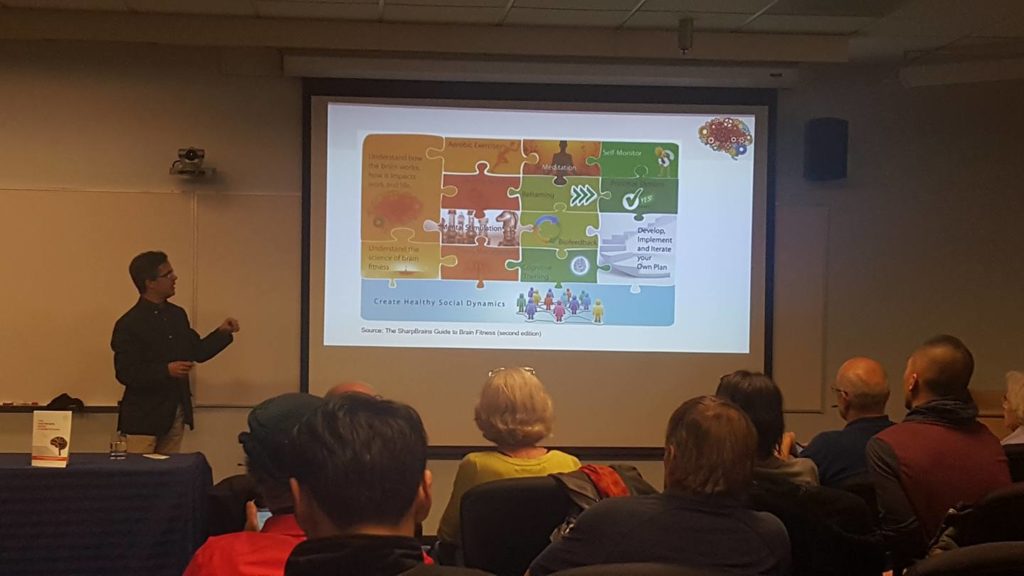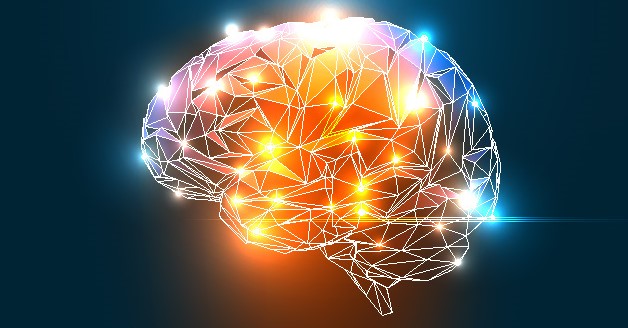Posts Tagged ‘brain-functioning’
Witnessing an explosion of consumer-facing neurotechnologies to (potentially) harness lifelong neuroplasticity
— Last week I shared some key scientific, technological and investment trends revolutionizing Brain Health, based on my participation at the 2016 SharpBrains Virtual Summit, and promised a second article more focused on the technology side of things. Here it is :-) Just a few weeks after the SharpBrains Summit I also attended CES 2017. While I enjoyed the myriad emerging…
Read MoreForget thinking vs. feeling dichotomy. Think/ feel holistic brain functioning
Mental Math and the Fine-Tuning of Emotions (The Dana Foundation) “You often hear the word “calculating” used to describe someone who always seems to act deliberately, guided by reason rather than emotion. The idea behind this characterization is that human nature straddles a deep divide between thinking and feeling, but current research suggests otherwise. Brain-imaging studies,…
Read MoreBrain Health in the Digital Age
Brain Health in the Digital Age from SharpBrains Presentation delivered by Alvaro Fernandez at UBC Robson Square in Vancouver, on November 4th, hosted by the Watson Centre for Brain Health. Description: Brain health is a rapidly evolving field, with digital platforms starting to revolutionize all aspects of prevention, diagnosis and treatment. Discover how the growing…
Read MoreReminder: Sharp brains in Vancouver, November 3rd and 4th
— Quick reminder: Our Founder and Editor-in-Chief Alvaro Fernandez will give a couple talks in Vancouver, Canada, on November 3rd and 4th. Both are free and open to the public thanks to local sponsors and partners.
Read MoreNovember 4th in Vancouver: The Future of Brain Fitness — How Digital Platforms Sharpen Your Brain
———- Quick heads-up: Our Founder and Editor-in-Chief Alvaro Fernandez will give an additional talk while in Vancouver, Canada, on November 4th (on top of How to Optimize Brain Health at Any Age, on the 3rd). Title: The Future of Brain Fitness — How Digital Platforms Sharpen Your Brain
Read MoreUpdate: To succeed at school, children with ADHD need both medication and non-medication treatments
. Time for SharpBrains’ March e‑newsletter, wrapping up this month’s key neuroscience studies, neurotechnology news and brain fitness insights. Upcoming events May 2015 Online Course: How to Navigate Conventional and Complementary ADHD Treatments for Healthy Brain Development NeuroGaming + ESCoNS Summit 2015 (May 5–7; San Francisco) New research To improve academic outcomes, children with ADHD need both medication…
Read More





